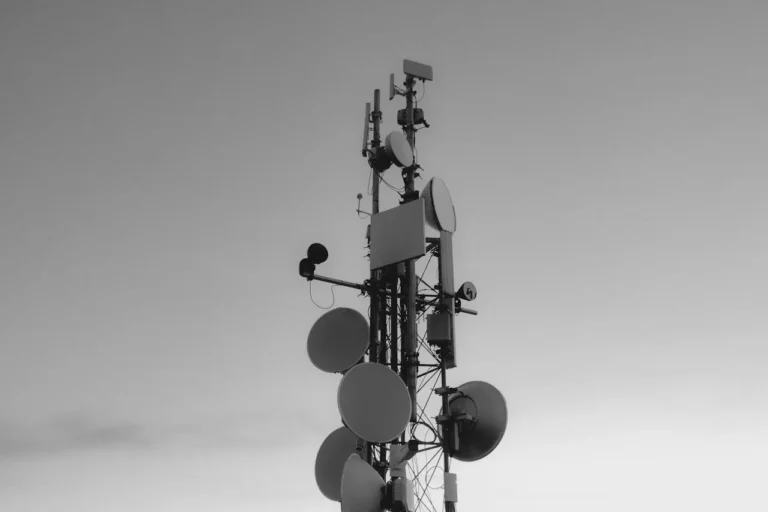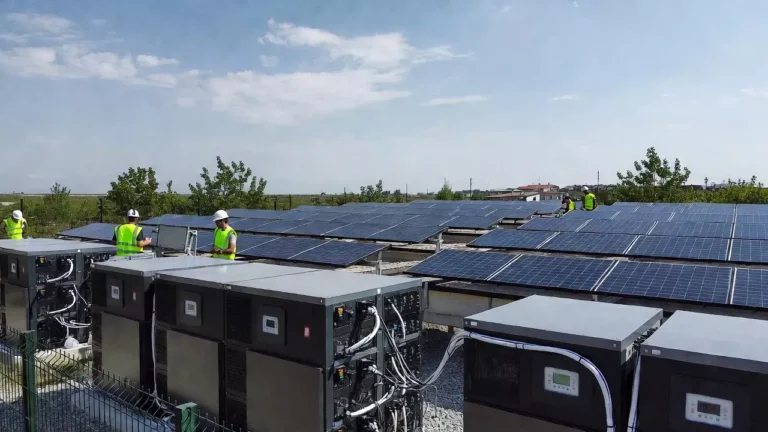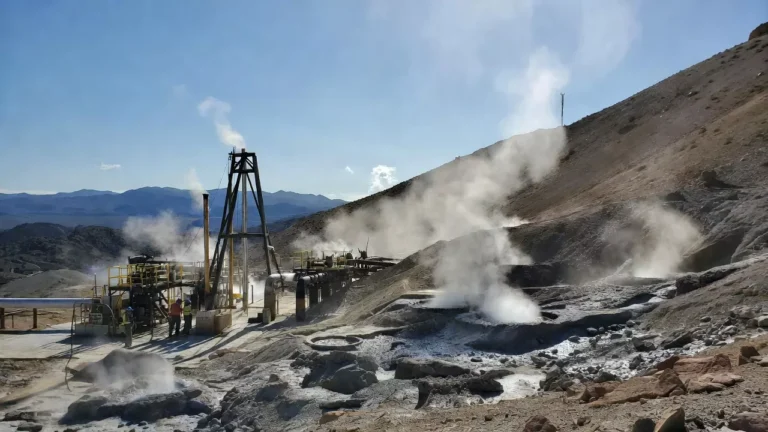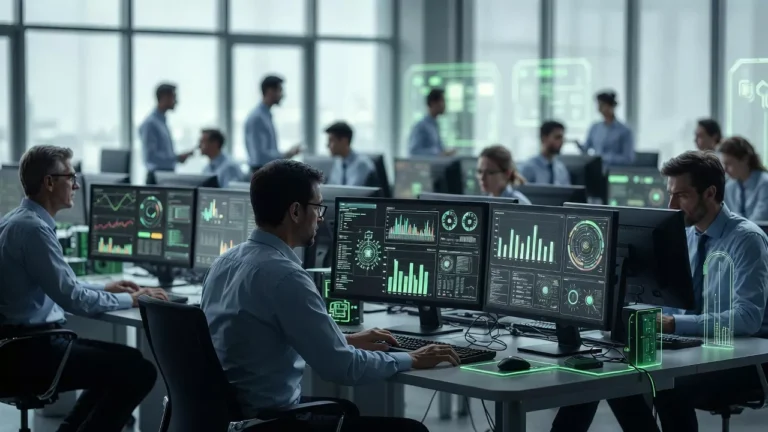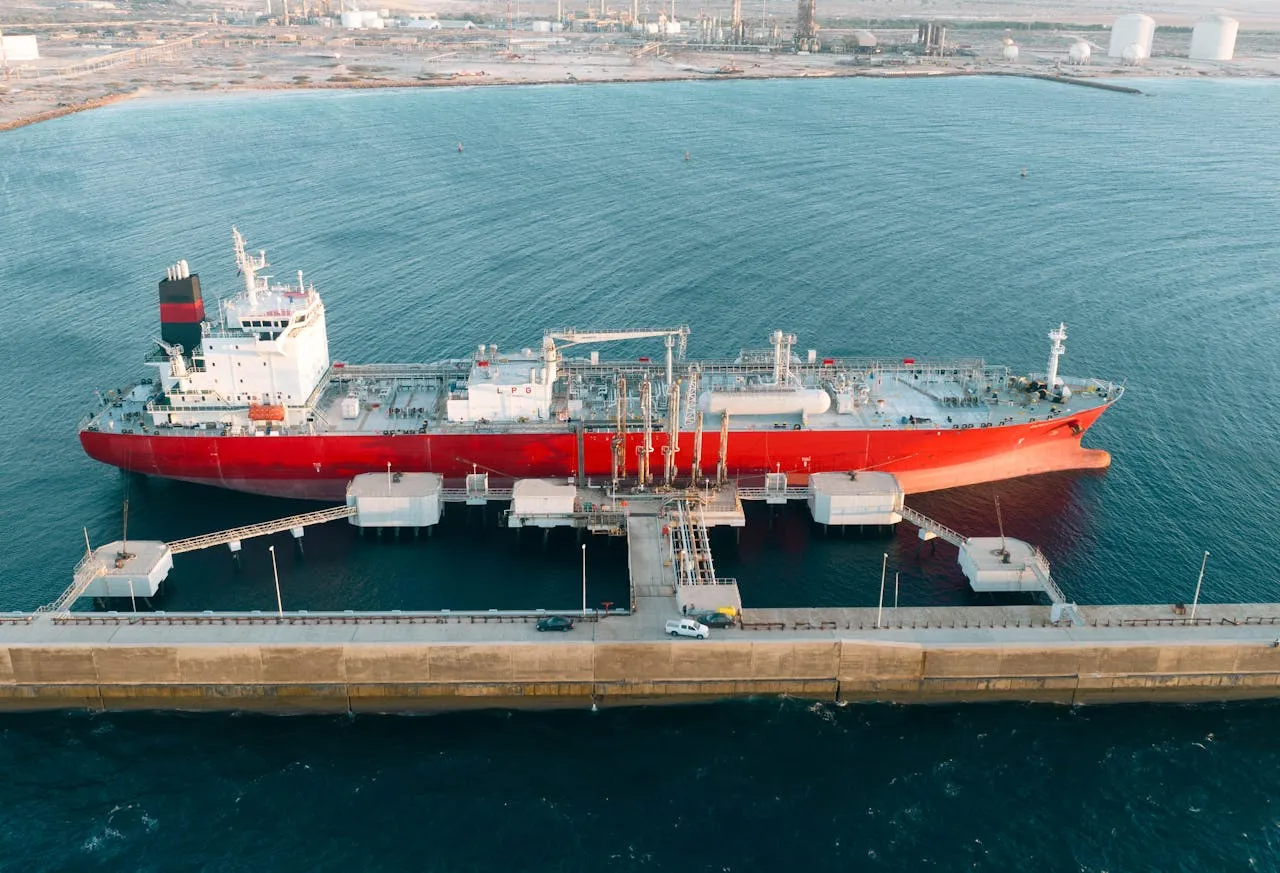
Excelerate Energy to Develop Iraq’s First Floating LNG Import Terminal at Port of Khor Al Zubair
Excelerate Energy, Inc. (NYSE: EE) has announced the signing of a definitive commercial agreement with a subsidiary of Iraq’s Ministry of Electricity to develop the country’s first liquefied natural gas (LNG) import terminal. The project will be located at the Port of Khor Al Zubair and marks a major step forward in Iraq’s efforts to diversify its energy sources, strengthen its power generation capacity, and secure reliable access to global energy markets.
The signing ceremony took place at the Office of the Prime Minister of Iraq and was attended by several high-ranking officials and dignitaries, including Excelerate Energy’s President and CEO, Steven Kobos; U.S. Deputy Secretary of Energy, James Danly; Chargé d’Affaires of the U.S. Embassy in Baghdad, Joshua Harris; Iraq’s Prime Minister, Mohammed Shia’ al-Sudani; and the Minister of Electricity, Ziyad Ali Fadhil.
A Milestone for Iraq’s Energy Future
“This landmark agreement demonstrates Excelerate’s strong commitment to Iraq’s energy future and regional stability,” said Steven Kobos. “By combining terminal development, LNG supply, and operational expertise, we are helping Iraq secure reliable energy, diversify its fuel mix, and enhance its long-term energy security.”
Kobos emphasized that the project marks a significant expansion of Excelerate’s global footprint, extending its infrastructure presence deeper into the Middle East. “Strategically, this project represents our first fully integrated floating LNG import terminal in the region, encompassing both terminal development and LNG supply under a single agreement. This model responds directly to the growing global demand for regasification infrastructure and reinforces Excelerate’s leadership as a provider of integrated LNG solutions,” he added.
Details of the Integrated Project
The agreement outlines a five-year commitment for regasification services and LNG supply, with options for extension based on future demand. The deal guarantees a minimum contracted offtake of 250 million standard cubic feet per day (MMscf/d), ensuring a stable and consistent energy supply to Iraq’s power sector.
Excelerate will design, construct, and operate the floating LNG import terminal, which will feature a regasification capacity of up to 500 MMscf/d. The terminal will be capable of scaling up operations to meet Iraq’s growing electricity demand, particularly during peak summer months when consumption is at its highest.
To support the project, Excelerate will deploy Hull 3407, the company’s newest floating storage and regasification unit (FSRU). The vessel will serve as the backbone of Iraq’s LNG infrastructure, equipped with state-of-the-art technology to ensure safe, efficient, and reliable gas delivery.
The total project investment is estimated at approximately $450 million, including the cost of the FSRU. As part of the agreement, Excelerate will also provide LNG supply to the terminal, making it a fully integrated solution covering both infrastructure and fuel sourcing. Commercial operations are expected to commence in 2026, subject to permitting, construction progress, and final regulatory approvals.
Hull 3407: The Core of Iraq’s LNG Infrastructure
The Hull 3407 FSRU is currently under construction at HD Hyundai Heavy Industries in South Korea and remains on schedule for delivery in 2026. It will have a storage capacity of 170,000 cubic meters and a regasification capacity of up to 1 billion standard cubic feet per day (1,000 MMscf/d) — one of the highest in Excelerate’s fleet.
The vessel incorporates advanced boil-off gas management systems, allowing for improved operational efficiency, reduced fuel loss, and lower emissions. Its robust design and flexibility make it an ideal solution for Iraq’s evolving energy needs. Once operational, Hull 3407 will serve as both a storage hub and regasification unit, delivering natural gas directly to Iraq’s national grid and industrial users.
According to Excelerate, Hull 3407 exemplifies the company’s commitment to deploying cutting-edge technology that supports the transition to cleaner and more flexible energy systems. Its introduction into Iraq’s market represents a technological leap that aligns with the nation’s goals of modernizing its energy infrastructure.
Strengthening Iraq’s Energy Security and Diversification
Iraq has long been dependent on natural gas imports via pipeline, primarily from neighboring countries. The establishment of this floating LNG terminal will give Iraq direct access to the global LNG market, allowing it to source gas competitively from multiple suppliers and regions. This diversification is expected to enhance national energy security and reduce exposure to supply disruptions.
The project will also help address Iraq’s chronic electricity shortages, which have historically constrained industrial growth and public services. By introducing a new and flexible source of natural gas, the terminal will support power plants that currently rely on less efficient or higher-emission fuels such as heavy oil.
“Developing this LNG terminal is a historic milestone for Iraq’s energy landscape,” said an official from the Ministry of Electricity. “It not only enables us to secure cleaner fuel for power generation but also establishes a platform for long-term energy independence.”
U.S. and Iraqi Government Collaboration
The project has received strong backing from both the Iraqi and U.S. governments, reflecting its strategic importance for regional stability and energy cooperation. U.S. Deputy Secretary of Energy James Danly noted that the agreement reinforces ongoing efforts between the two nations to advance sustainable energy development in Iraq.
Officials also highlighted the project’s potential to foster international investment and technical collaboration in Iraq’s energy sector. The partnership demonstrates confidence in Iraq’s regulatory framework and its commitment to energy sector modernization.
Source Link: https://www.businesswire.com/





